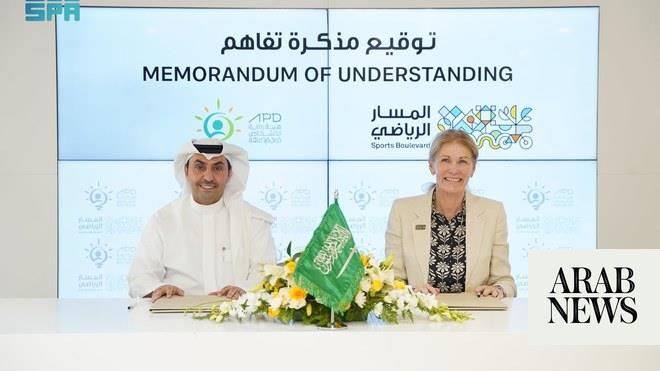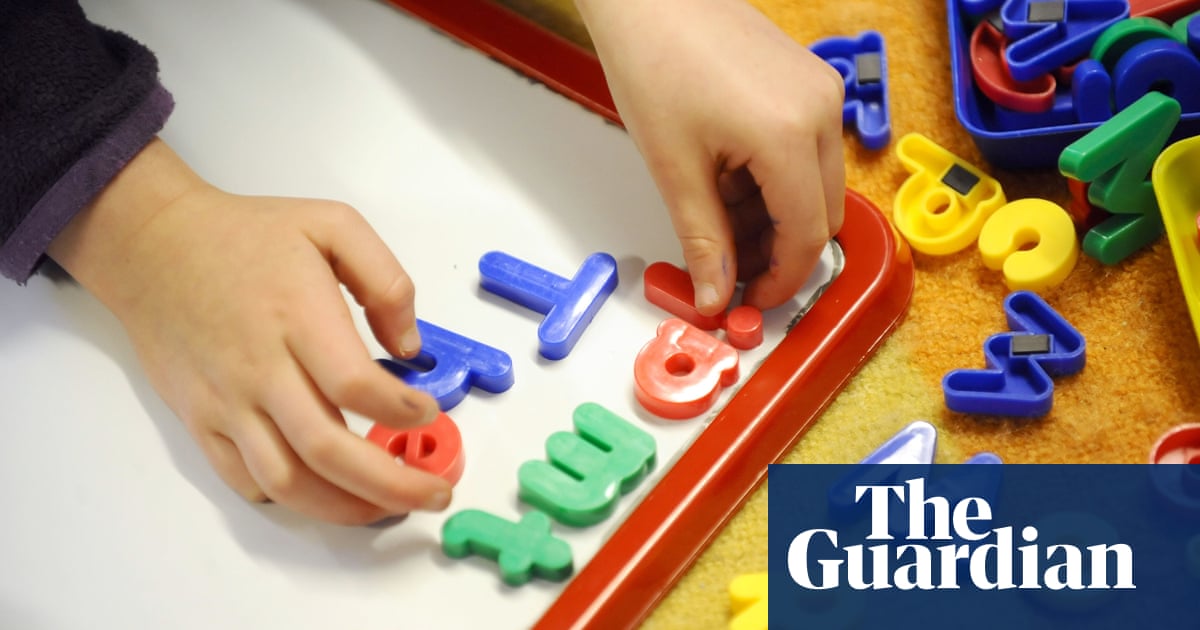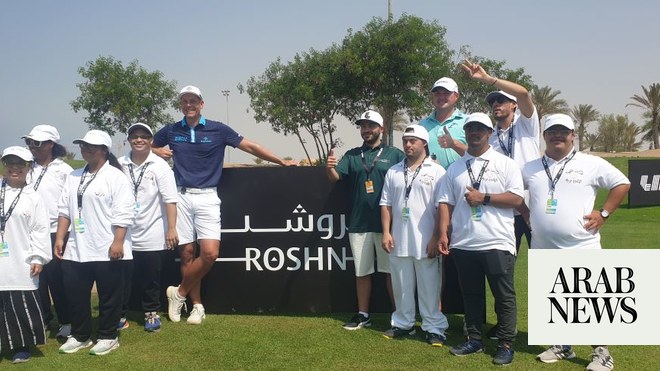
Dubai-based entrepreneur has created three enrichment centers since 2007
Global median rate of autism prevalence is estimated by WHO at 62 per 10,000
DUBAI: Parents want to give their children the best possible start in life, but having a child with special needs can make the job a lot harder.
Hibah Shata chose to embrace the challenges of having a daughter with an autism spectrum disorder (ASD), going on to build an inclusive educational institute where any young person with special needs can acquire the skills required to make their way in the world.
The three enrichment centers she has created since 2007 have helped hundreds of children to access mainstream schools in the UAE, equipped dozens of teachers with inclusion skills and raised awareness of developmental disorders across the region.
Her efforts made her one of seven laureates from around the world to win the Cartier Women’s Initiative award this year.
Shata, a Saudi dentist who moved to Dubai in 2001, said that her decision to go into business took shape the moment doctors advised her to find a special nursery while she awaited a definitive diagnosis for her then 15-month-old daughter’s condition.
Shata’s research drove her to look for applied behavioral analysis (ABA) therapy and early intervention, which is considered the best evidence-based practice in preparing autistic children for mainstream schools.
Most clinics she spoke to had long waiting lists, and the country’s special needs centers at the time served both mild and complex cases without an academic curriculum.
“I had to make a hard choice between moving to another country or staying and doing something to support her and other children. I decided to open an early intervention medical center in 2008, in collaboration with an international ABA therapy provider,” she said. “We started with eight children and 10 therapists and grew very fast. By 2010, we had children ready for school.”
But schools were not ready for them, so she launched an alternative education center to support transition and inclusion in mainstream schools.
The Maharat Learning Center — the next step — was established immediately after the Dubai Knowledge and Human Development Authority initiated its inclusion strategy in 2016.
Maharat, which means “skills” in Arabic, covers the full spectrum of learning and support. Courses include one-to-one sessions backed up by inclusion support services and shadow teaching.
In a regional first, the courses are conducted in both Arabic and English. The center is now working with 10 schools across Dubai to launch ABA and transition classrooms.
International expansion is next: The first branch has opened in Riyadh, and an online platform to scale up and foster research is on the horizon.
“I see the business growing globally and becoming a household name,” Shata said. “There are too many children around the world struggling with developmental disorders. I want to see them improve and grow to be great people.”
Although the region lags behind more developed countries, acceptance of special needs has grown in recent years. Earlier this year, Abu Dhabi hosted the Special Olympics, and by next year, private schools in Dubai will be required to cater to special needs children.
The global median rate of autism prevalence is estimated at 62 per 10,000, according to the World Health Organization. For the Middle East, the figure may be higher.
Available research puts the prevalence of ASD at 1.4 per 10,000 in Oman, 29 per 10,000 in the UAE, and 4.3 per 10,000 in Bahrain, but the condition is thought to be under-reported.
Shata has become something of an ambassador for autistic education, but perhaps the most pressing challenges were personal.
“There are many hard moments, starting from the inability to communicate with your child or understand their feelings,” she said.
“The journey with autism is never easy, but there are many good moments. Those are moments that your heart dances for joy because your child has achieved what you do not expect. Suddenly, all the hard moments are worth it.”
Shata is certainly on her way to succeeding in her mission: Her daughter is now in grade 7, speaks English and Arabic, plays the piano, and enjoys art, sports and swimming.
• This report is being published by Arab News as a partner of the Middle East Exchange, which was launched by the Mohammed bin Rashid Al Maktoum Global Initiatives and the Bill and Melinda Gates Foundation to reflect the vision of the UAE prime minister and ruler of Dubai to explore the possibility of changing the status of the Arab region.












